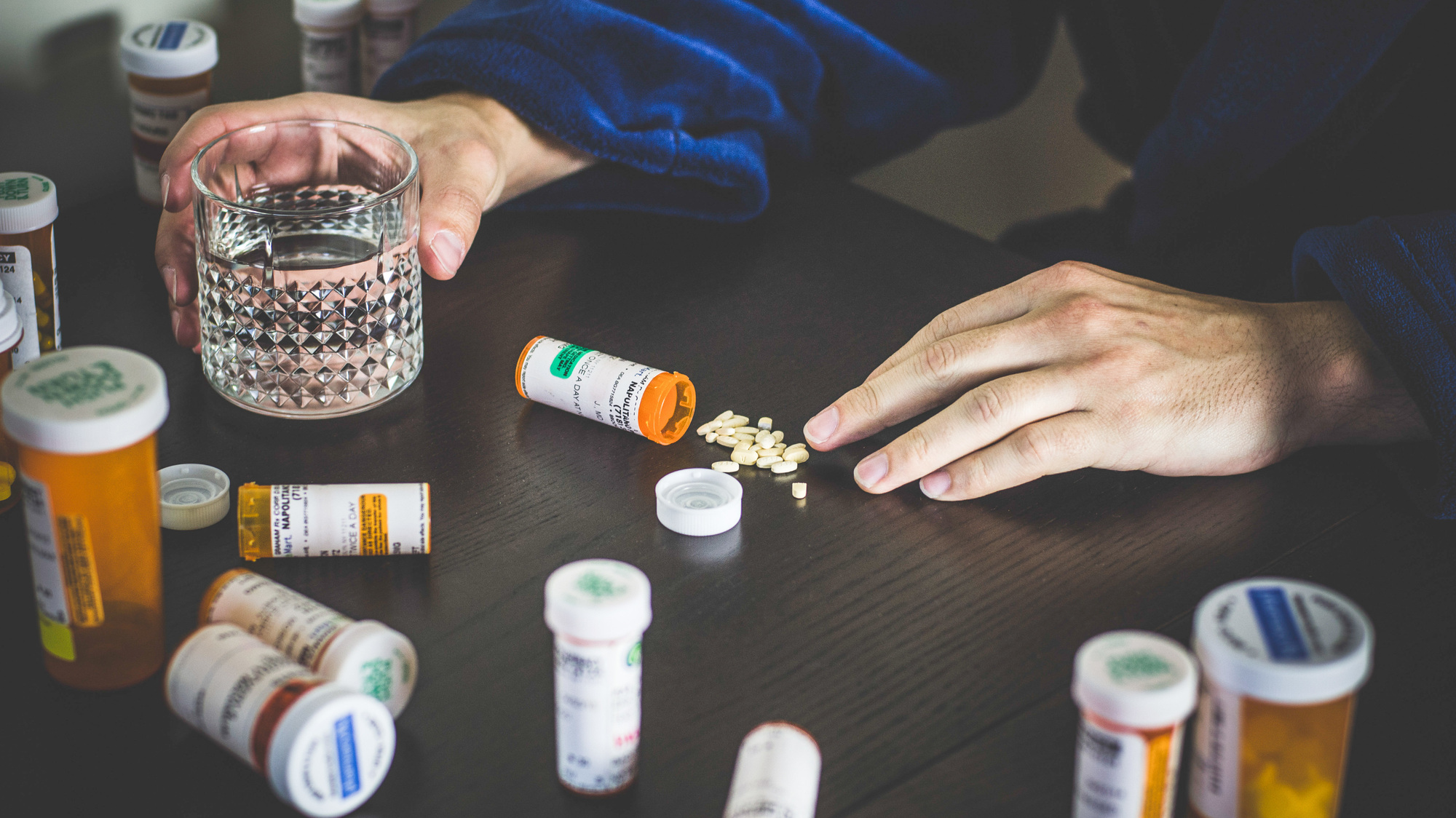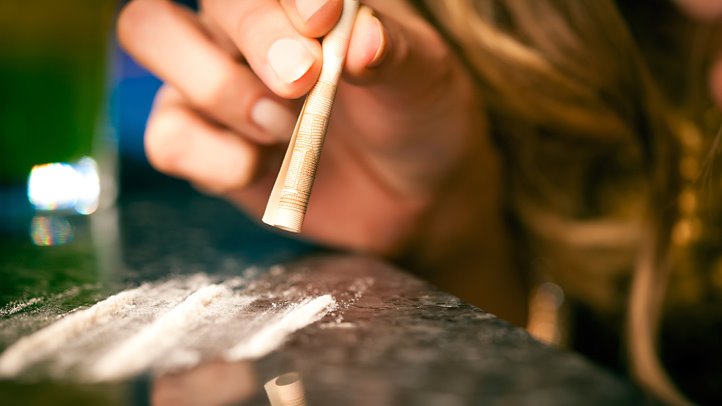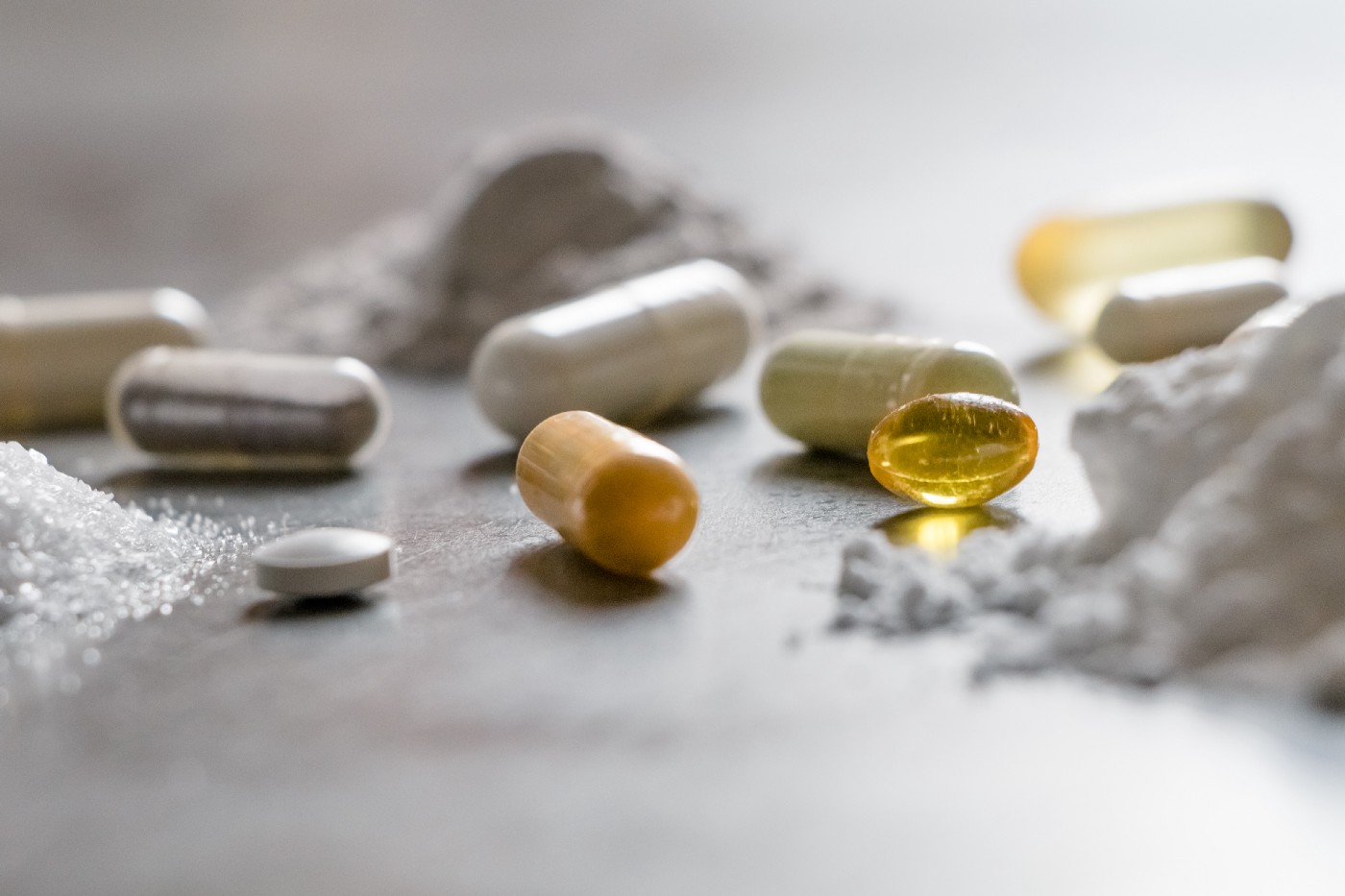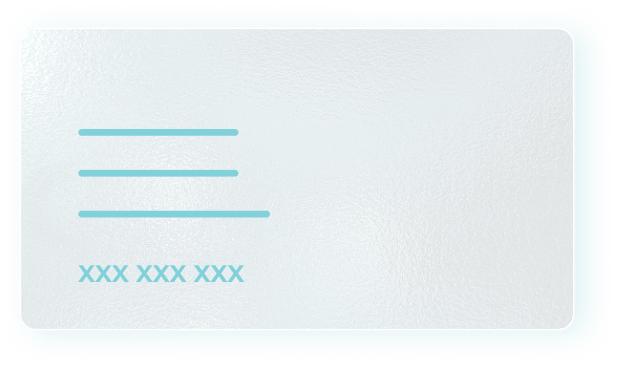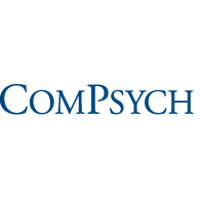
Some people are hesitant to quit drinking due to withdrawal symptoms, but detoxing from alcohol is the first step in treating alcoholism. Withdrawal from alcohol isn’t easy and difficult to do on their own. That is why alcohol detoxification and alcohol withdrawal treatment is administered by medical professionals at inpatient detox and rehab facilities throughout the country. Alcoholism can affect the person struggling with it as well as their loved ones. It is important to keep in mind that alcohol detox can be dangerous if it’s done at home. Detox at a professional medically supervised facility, like Crosspointe recovery is typically the most recommended method for addressing alcohol addiction and dependence.
Detoxing From Alcohol At Home?
Many people consider detoxing from alcohol at home vs going to an inpatient detox facility. Patients may consider at-home detox because it makes the challenging situation seem easier to address. There’s usually no place more comfortable, safe-feeling, and controllable than home. Alcohol detox can be a dangerous process, which is why it’s typically best handled by a medical professional at a detox or rehab center. Alcohol detoxification involves withdrawal, and withdrawal involves physical symptoms. The symptoms of alcohol withdrawal can be severe. Ultimately, the severity of symptoms depends on a number of factors, including age, gender, and longevity of the addiction. Detoxing at home can have risks when people do not understand the alcohol withdrawal timeline and the risks that accompany alcohol withdrawal:
- higher risk of mental health issues
- higher risk of dangerous physical health issues
- lack of prescribed medication leads to limited symptom relief
- possibility to ruin relationships with loved ones during the discomfort of withdrawal
Detoxing From Alcohol At Medically-Supervised Detox
When an individual is addicted to alcohol, quitting cold turkey is dangerous. Because their body has become dependent on the substance of abuse, they will experience symptoms of withdrawal if they abruptly quit using prescription drugs.
Because of the serious risks associated with self-detoxing from alcohol, you should attempt to detox from alcohol at a licensed medical facility. A much safer option is to enter an inpatient treatment program, like Crosspointe recovery, overseen by a team of medical professionals who can offer you the care you need.
Some of the benefits of medical detox include:
- Medical stabilization
- Professional team
- A safe and structured environment
- Relapse prevention
- Therapeutic intervention
- Family support
- Long-term treatment (aftercare)
Medical detox is designed to help individuals overcome their symptoms of withdrawal in a safe and controlled medical setting. Rather than suffering through severe and potentially life-threatening withdrawal symptoms, medical detox programs provide their patients with tapering medications and life-saving medical treatments.
The length of a detox program will depend on a variety of factors, including:
- The type of prescription drug that was abused
- How long the individual was addicted
- How much of the drug the individual was taking at once
- Whether the individual abused additional substances
- Whether the individual has co-occurring mental health conditions or medical conditions to address
- Age, weight, gender, and additional medical history
Typically, detox lasts anywhere from 5 days to 14 days depending on the individual’s needs.
Inpatient Rehab
Inpatient alcohol rehab programs are the most intensive form of addiction treatment. These programs require patients to reside and attend treatment sessions at the facility. This allows staff members to provide patients with 24/7 monitoring, support, and care.
Services offered during an inpatient program for prescription drug addiction include:
- A thorough assessment of medical, substance abuse, and mental health history
- Individual therapy
- Group counseling
- Specialized counseling groups for specific issues (i.e. trauma-informed groups or family therapy groups)
- Access to medical and psychiatric care
- Random drug testing
- Dual diagnosis treatment
- Medication-assisted treatment when applicable
- Relapse prevention planning and continued care options
- 12-step facilitation groups
Typically, inpatient rehab lasts anywhere from 30 days to 90 days depending on the individual’s needs.
Find a Alcohol Detox /Rehab Program in Los Angeles, California
If you or a loved one suffer from alcohol addiction, professional treatment is necessary. Thankfully, there are tons of options when it comes to treatment programs for addiction. At Crosspointe recovery, we offer medical detox programs and inpatient rehab programs. In other words, we are at Crosspointe recovery equipped to provide you or your loved one with a full continuum of inpatient care. Contact us today!
If you need FREE help or have Medical or Medicaid insurance please contact the National Helpline about mental and/or substance use disorders, prevention, treatment, and recovery in English and Spanish.





